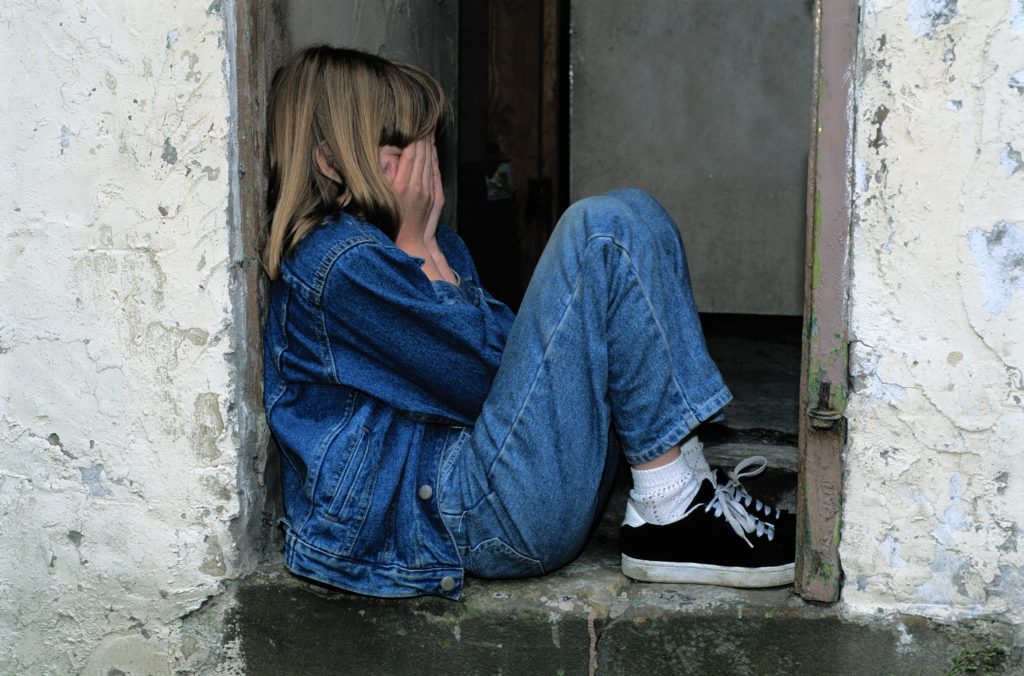The worrying scale of parental alcohol abuse and its effect on children has been revealed in a new report by The Children’s Society.
As part of its 2017 Good Childhood Report, the charity surveyed 3,000 families with children aged between 10 and 17. National estimates were then established using the ONS mid-population statistics for this age group in the UK.
The estimates showed that among the 700,000 teenagers in this age group, 39% have lived with domestic violence, and 29% have been homeless in the last five years.
Furthermore, figures from the research suggest 1.6 million teenagers in the UK have a parent with depression or anxiety, and 1.7 million are living in homes struggling with debt problems.
The figures show the depth of the impact parental alcohol abuse can have on young people’s physical and mental health. The pressure they are exposed to can lead some of them to run away from home or to be excluded from school.
“Millions of teenagers in the UK are suffering in silence with problems that would floor an adult. The hundreds of thousands of children whose parent has a drinking problem are sadly just the tip of the iceberg of children in desperate need of support,” said Matthew Reed, chief executive of The Children’s Society.
Of the 3,000 families surveyed, 59% of the parents had mental health problems, and 44% had a longstanding illness or disability. Whilst parents seem to be self-medicating with alcohol to cope with their condition and other factors of stress, many teenagers (23%) are forced to assume adult responsibilities at home, such as taking care of their siblings or nursing their own parents.
Although local services are crucial to ensuring children in families affected by alcohol misuse can be identified and kept safe and well, there have been continuous cuts to children’s and early intervention services, which could spot struggling young people and provide targeted support.
Councillor Richard Watts, chair of the Local Government Association’s Children and Young People Board, said of the research:
“Councils aim to help struggling families at an early stage, before issues become serious, but demand for child protection support has increased dramatically at the same time as local authority budgets from central government have faced significant cuts. This is forcing many areas to make extremely difficult decisions about how to allocate increasingly scarce resources, and early help services have seen their funding reduced as councils are forced to prioritise urgent help for children at immediate risk of harm.”
According to him, public health funds, on which alcohol treatment solutions rely, have been cut by as much as half a billion pounds over the past five years.
Matthew Reed added:
“At a time when demand for council children’s services is rising, severe funding cuts from central government are leaving more and more to deal with these huge problems alone.”
The Children’s Society, along with the Local Government Association, is calling on the Government to address the £2 billion funding gap for local children and young people services.
Words by Pierre-Yves Galléty. Tweets @PYGallety

